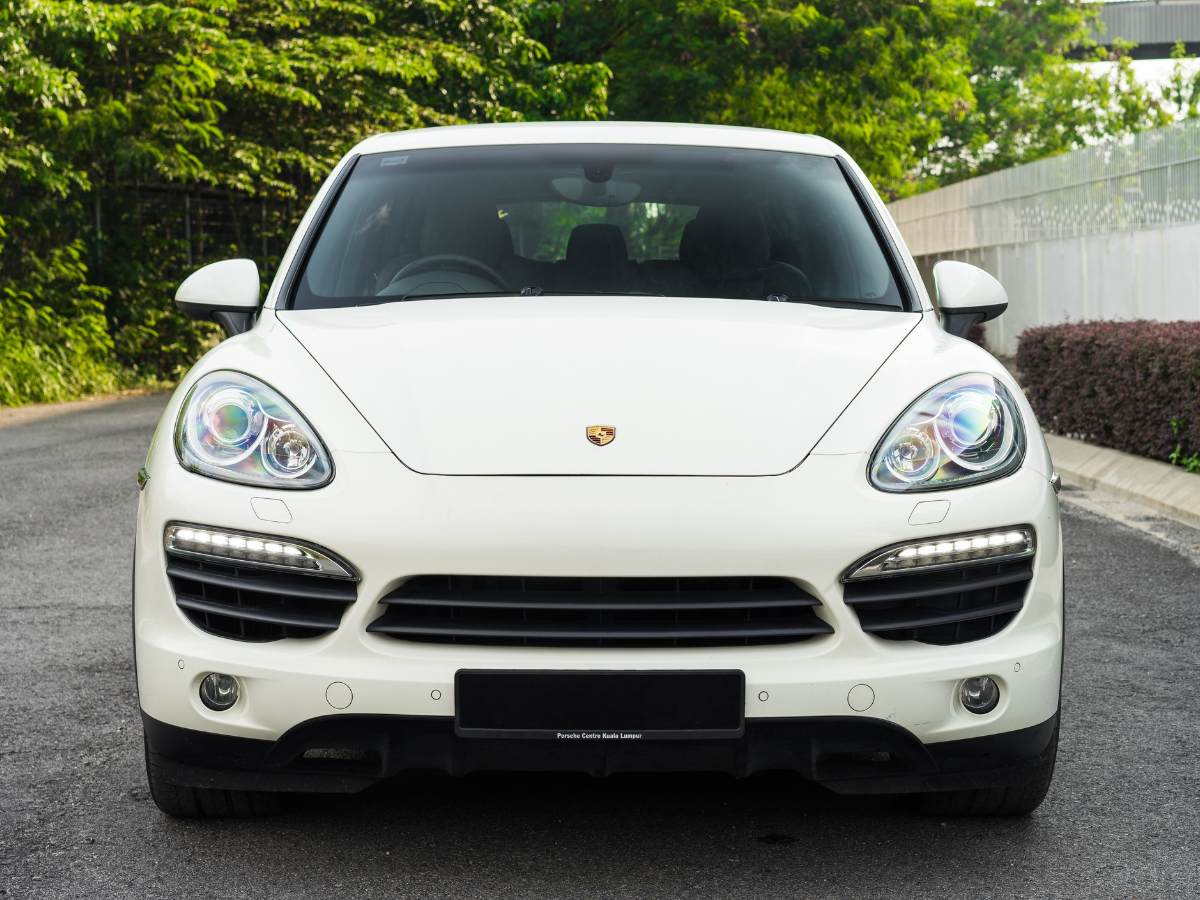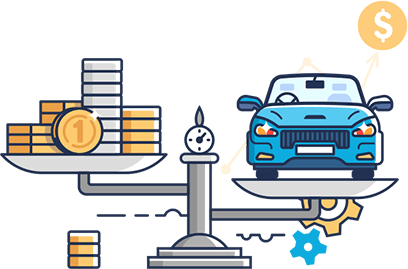The Porsche Cayenne is renowned for its luxury and performance, but turbocharger failure can be a costly and frustrating issue. Whether you own a 2005 Porsche Cayenne turbocharger model or a newer variant, understanding the signs, costs, and solutions for turbocharger problems can help protect your investment and driving experience.
What Causes Turbocharger Failure in Porsche Cayenne?
The turbocharger in a Cayenne boosts engine power by forcing more air into the combustion chamber. Over time, several factors can lead to failure:
- Oil Contamination: Dirty or low-quality oil can damage the turbo bearings.
- Wear and Tear: Turbos endure extreme heat and pressure, leading to eventual component fatigue.
- Blocked or Leaking Pipes: Restricts airflow, causing pressure build-up and damage.
- Poor Maintenance: Irregular oil changes can accelerate turbo wear.
- Foreign Object Damage: Debris entering the turbo can damage the compressor wheel.
Recognizing these causes early can help avoid a full turbo replacement.
Common Symptoms of Porsche Cayenne Turbocharger Failure
If your Cayenne’s turbocharger is failing, you may notice several warning signs:
- Loss of Power: The vehicle feels sluggish and lacks acceleration.
- Excessive Exhaust Smoke: Blue or black smoke can indicate oil leaks into the combustion chamber.
- Check Engine Light: A common sign that the turbocharger or related systems are malfunctioning.
- Unusual Noises: Whining or grinding sounds during acceleration.
- Oil Consumption Increase: A failing turbo can leak oil, leading to frequent top-ups.
Ignoring these signs can lead to severe engine damage and higher repair costs.
Average Porsche Cayenne Turbocharger Repair Costs
Turbocharger repairs or replacements can be expensive, especially for high-performance vehicles like the Cayenne. Here’s a breakdown of estimated costs:
|
Service Type |
Estimated Cost |
|
Turbocharger Diagnostic |
$150 - $300 |
|
Turbo Rebuild |
$2,000 - $3,500 |
|
New Turbocharger Replacement |
$4,000 - $7,500 |
|
Labor Costs |
$1,500 - $2,500 |
|
Full Replacement Cost |
$5,500 - $10,000 |
2005 Porsche Cayenne Turbocharger Specific Issues
Older models like the 2005 Porsche Cayenne turbocharger are prone to specific challenges:
- Oil Line Clogs: Poor maintenance can lead to clogged oil lines, starving the turbo of lubrication.
- Wastegate Failure: Results in poor boost performance.
- Excessive Heat Damage: Older components are more susceptible to heat-related wear.
If your 2005 Cayenne is facing repeated turbo issues, it may be more cost-effective to consider selling the vehicle rather than investing in repairs. CarBrain offers a hassle-free way to sell vehicles with mechanical issues.
How to Maintain and Extend Turbocharger Life
Preventing turbocharger failure starts with proper maintenance. Here are some essential tips:
- Regular Oil Changes: Use high-quality oil and change it every 5,000 to 7,500 miles.
- Allow Turbo to Cool: Avoid shutting off the engine immediately after heavy use. Let it idle to cool down.
- Check Air Filters: Ensure they are clean to prevent debris from entering the turbo.
- Inspect for Leaks: Regularly check for oil and air leaks.
- Use OEM Parts: Stick to original manufacturer parts for better durability.
Turbocharged Engine Map for Cayenne
The turbocharged engine map Cayenne refers to the engine’s control system that manages boost pressure. Common issues with the engine map include:
- Boost Pressure Loss: Caused by faulty sensors or air leaks.
- Software Glitches: Incorrect programming can impact turbo performance.
- Throttle Lag: Delays in acceleration due to pressure inconsistencies.
Regular diagnostics can help detect and fix mapping issues early, avoiding major turbo failures.
When to Replace vs. Repair a Turbocharger
Deciding between repair and replacement depends on the extent of the damage:
- Minor Damage: Small issues like gasket leaks or blockages can be repaired.
- Severe Wear or Cracks: If the turbine or compressor wheel is damaged, replacement is often necessary.
- High Mileage Turbo: If the turbo has over 100,000 miles, replacing it may be more reliable.
Should You Repair or Sell Your Porsche Cayenne?
Turbocharger repairs can be costly, and it’s important to weigh your options:
- Cost vs. Value: If repair costs exceed 50% of the car’s value, selling might be a better option.
- Frequent Repairs: Ongoing issues suggest it’s time to move on.
- Age and Mileage: Older vehicles with high mileage are less likely to justify costly repairs.
If you decide to sell, CarBrain offers a simple and fair process with instant cash offers and free towing.
Conclusion
Turbocharger failure in the Porsche Cayenne can be a significant and costly issue. While regular maintenance can help extend the turbo’s life, severe failures may require a complete replacement. If the costs are too high, selling the vehicle to CarBrain offers a hassle-free solution.
For more tips on car maintenance and selling options, visit the CarBrain Blog.




